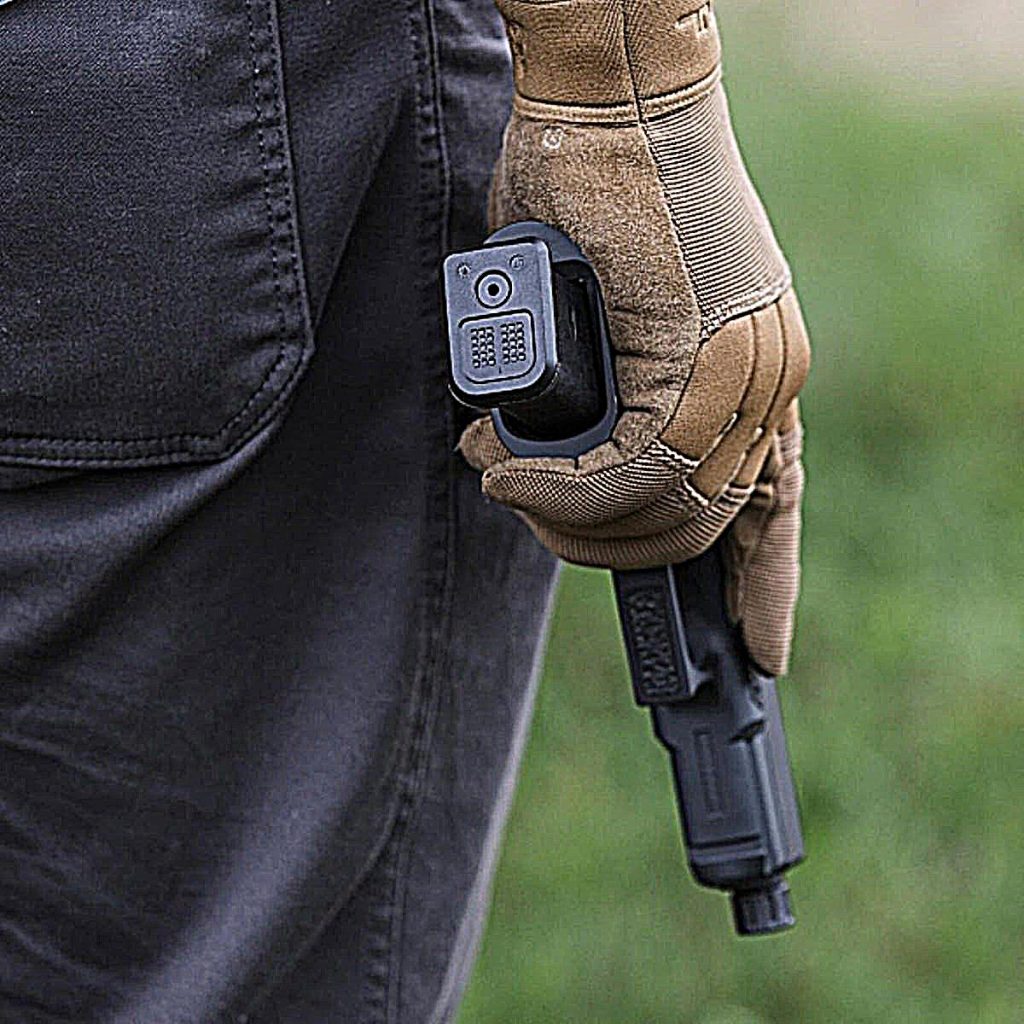Everytown for Gun Safety has now set its sights on Sturm, Ruger & Co., calling on the American gunmaker to stop producing its new RXM pistol, just weeks after Glock announced plans to discontinue several of its most popular handguns amid ongoing lawsuits and legislative pressure from anti-gun activists.
In a letter sent on Monday, Everytown’s chief litigation counsel, Eric Tirschwell, told Ruger that the company should “put public safety first” by either removing the RXM pistol from the market or redesigning its internal trigger system. The group claims the RXM shares a trigger mechanism similar to Glock’s so-called “cruciform” design; a part that Everytown argues makes both brands’ pistols vulnerable to illegal modification with so-called switches or auto sears.
“Ruger faces a choice following Glock’s recent announcement,” Tirschwell wrote. “Will it continue to sell the RXM despite the evidence of its ease of convertibility to an illegal machine gun, or will it put public safety first?”
The letter comes on the heels of Everytown claiming credit for Glock’s production changes, describing them as a “major victory” for gun control efforts. The group says it intends to apply similar pressure to Ruger, one of the nation’s largest firearms manufacturers, if the company doesn’t comply with its demands.
Ruger has not publicly responded to the letter.
Background: The “Switch” Controversy
The issue centers around illegal conversion devices, commonly called “Glock switches”, that can turn a semi-automatic pistol into a fully automatic weapon. These small parts, often imported illegally or manufactured with 3D printers, have been appearing in criminal cases across the country.
Everytown and other gun control groups argue that because these devices interact with the cruciform trigger bar used in many Glock-pattern pistols, the design itself is “defective” and should be banned or redesigned.
The Bureau of Alcohol, Tobacco, Firearms and Explosives (ATF) has documented an increase in recoveries of conversion devices nationwide. However, critics note that illegal conversion devices exist for nearly every major firearm platform, including AR-15 rifles, and that Glock’s popularity simply makes it a more common target for modification and enforcement.
Importantly, the possession or installation of these devices is already a serious federal crime punishable by up to 10 years in prison.
California’s New Law and Ongoing Lawsuits
California Governor Gavin Newsom recently signed a law banning the sale of pistols featuring a cruciform trigger bar, legislation that Everytown openly admits to helping write. That law immediately drew lawsuits from multiple gun rights organizations, who argue it directly violates Supreme Court precedent affirming that handguns “in common use” are constitutionally protected under the Second Amendment.
“Semiautomatic handguns, including those with a cruciform trigger bar, therefore cannot be banned,” plaintiffs in Jaymes v. Bonta argued. “They are among the most popular handguns in the nation.”
While gun control advocates have praised Glock’s corporate decision to redesign its handguns, it has sparked concern within the firearms community about whether political and legal pressure could lead to backdoor bans or forced design changes on other manufacturers, with Ruger now in the crosshairs.
Everytown’s Latest Target: Ruger’s RXM
Everytown’s letter specifically criticizes Ruger for “running toward” the Glock-style design, noting that the RXM, introduced in late 2024, uses a similar internal configuration and accepts certain aftermarket parts.
“As Ruger must have known, introducing such a design into the marketplace risks exacerbating the proliferation of illegal machine guns on the streets,” Tirschwell wrote.
The group also cited social media videos allegedly showing RXM pistols equipped with conversion devices, claiming they demonstrate the weapon’s supposed “ease of convertibility.” However, none of the examples cited involved factory modifications or legal accessories sold by Ruger.
Our Take
Everytown’s demand that Ruger pull an entire handgun model from production over potential illegal misuse is less about safety and more about control. The group’s “victory lap” over Glock’s redesign makes it clear that the end goal isn’t preventing crime, but forcing manufacturers to bend under coordinated political and legal pressure.
As TTAG has reported, Glock’s decision to streamline its lineup already aligns with market trends toward optics-ready pistols and updated internal designs, not necessarily a surrender to gun control activists. Still, Everytown’s public chest-beating has emboldened the group to take another swing, this time at Ruger, a company with deep roots in American firearms manufacturing.
If gun control advocates succeed in defining “ease of illegal modification” as a liability issue, nearly every semi-automatic firearm on the market could become a target. The RXM’s fate may now serve as the next test case for how far anti-gun groups, and the courts, are willing to stretch the definition of “public safety.”
Read full article here


